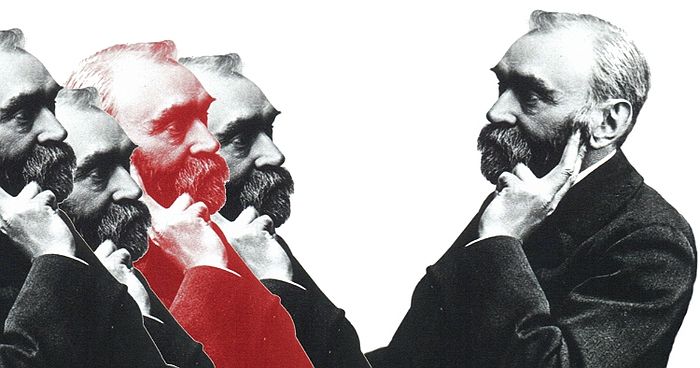Source: Theology That Sticks
June 30, 2016
Over the course of several books, crime novelist Philip Davison gave life to his character Harry Fielding, an operative in British intelligence tasked with undesirable jobs.
A small train of colorful characters orbit through Harry’s universe, including his flamboyant aunt Kate. In the final Fielding novel, A Burnable Town, Kate wants her nephew to go to church. “Oh God,” he exclaims. “I don’t have to contemplate my sin, do I, Kate?” She answers with “a very practical” yes and off they go.
I can identify with Harry. Contemplating my sin is never fun. I haven’t been to confession recently, and there’s a part of me (the better, more truthful part) that thinks I’m just avoiding the reckoning.
The prayer book has a brief preparation for confession that helps in self-evaluation, and the primary confessional prayer lists sins that run the gamut. Check, I think as I recite them, check … check … check.
But we’re not meant to look at our failings without also looking to the cross. I heard a presentation by Fr. Tom Hopko on the Lord’s Prayer in which he mentioned three reasons why it’s good for us to remember our sins. The first goes right to this point: We remember our sins to more fully appreciate the grace of God.
To face my sins while being reminded that Christ has covered them is a profound relief. The simultaneous remembrance of sin and Christ’s mercy is the basis of Christian testimony. “But such were some of you,” says Paul after darting through a litany of wickedness. Our sin is part of our story, though obviously not the most significant part—thanks be to God.
The second reason to remember our sin, said Fr. Tom, is to find motivation for holiness in the future. I suppose this use of remembrance is like the jolt of pain we feel when touching something hot. Not going there again. I wonder if we take full use of this function of memory. Often enough, I’m afraid I do not.
It’s far more likely for me to be prideful, which it so happens is addressed by Fr. Tom’s third reason for remembering our sins—so that we would not judge others. If forgiveness has any fruit, humility must be a large part of the first harvest.
“[I]f we remember our own sins, we shall never store up the sins of others,” said John Chrysostom.
This last point calls to mind Christ’s parable of the forgiven servant. Relieved of his own debt, he is in no position to demand repayment from others. Neither am I. God is the judge. And as we remember our failings, we can be thankful for his mercy on us all.




